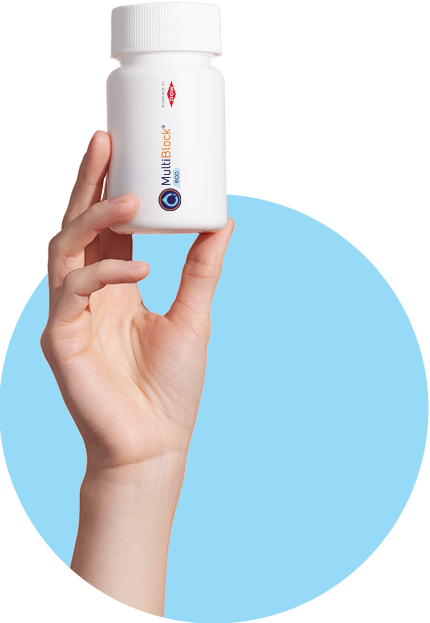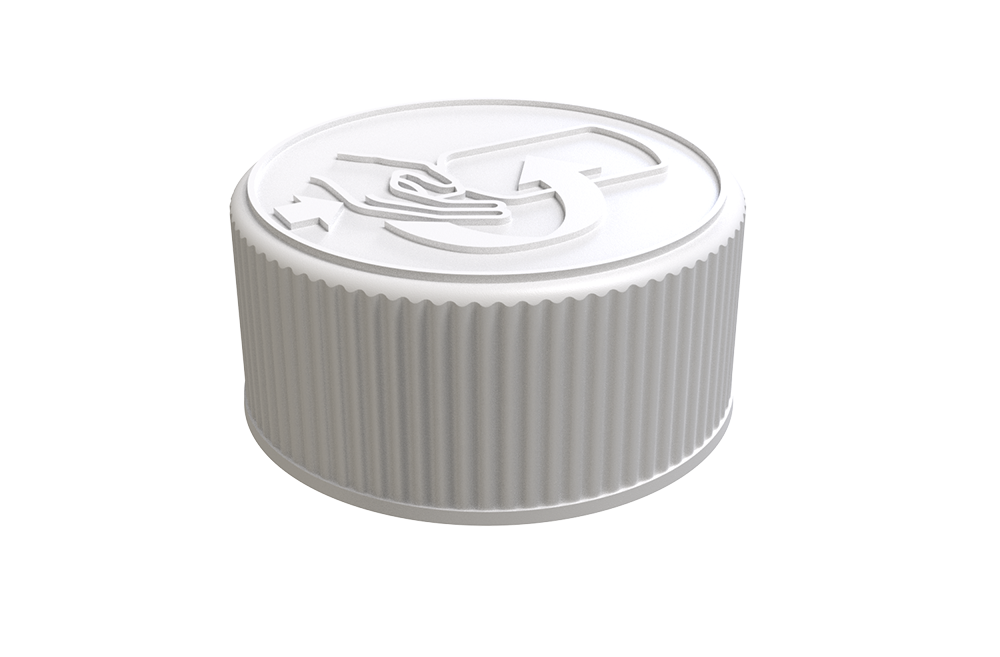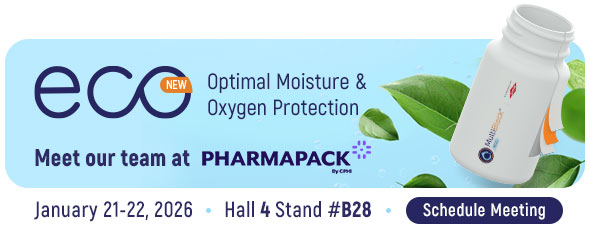

Precision engineered solutions that ensure safety & performance
Our Products
What's New


Numbers of Excellence

Our Latest Innovation
ECO Barrier Packaging
LOG recently launched its groundbreaking barrier eco Line, which significantly lowers the cost of producing eco-friendly barrier bottles while offering an optimal solution for oxygen-sensitive drugs.



Challenge us with your needs
Whatever your product needs, we’ll customize the perfect packaging solution just for you
Committed to a Sustainable Future
LOG is committed to sustainable action, engaging all stakeholders to create lasting positive impact and ensure long-term prosperity and resilience for our employees, partners, and society.
Media
Stay up to date with the latest news and stories about LOG. Explore articles, announcements, and webinars to see how we’re shaping the future of primary packaging.
Our successful journey starts here
Let's get in touch!
LOG Israel
Corporate Headquarters & Manufacturing Site LOG Plastic Products Company Ltd.
Ashdot Ya’acov Ichud, Israel, 1515500
LOG Hungary
Manufacturing Site LOG Plasticon Zrt.
Csépi St 137, H-2316 Tököl, Hungary
LOG India
Sales Office, India / Asia South
101 Ajrama ,Plot 76 & 77 Sector 28 ,Vashi ,Navi Mumbai 400703 Maharashtra ,India
LOG USA
c/o Perlen Packaging LLC
135 Algonquin Pkwy, Whippany, NJ 07981, United States








